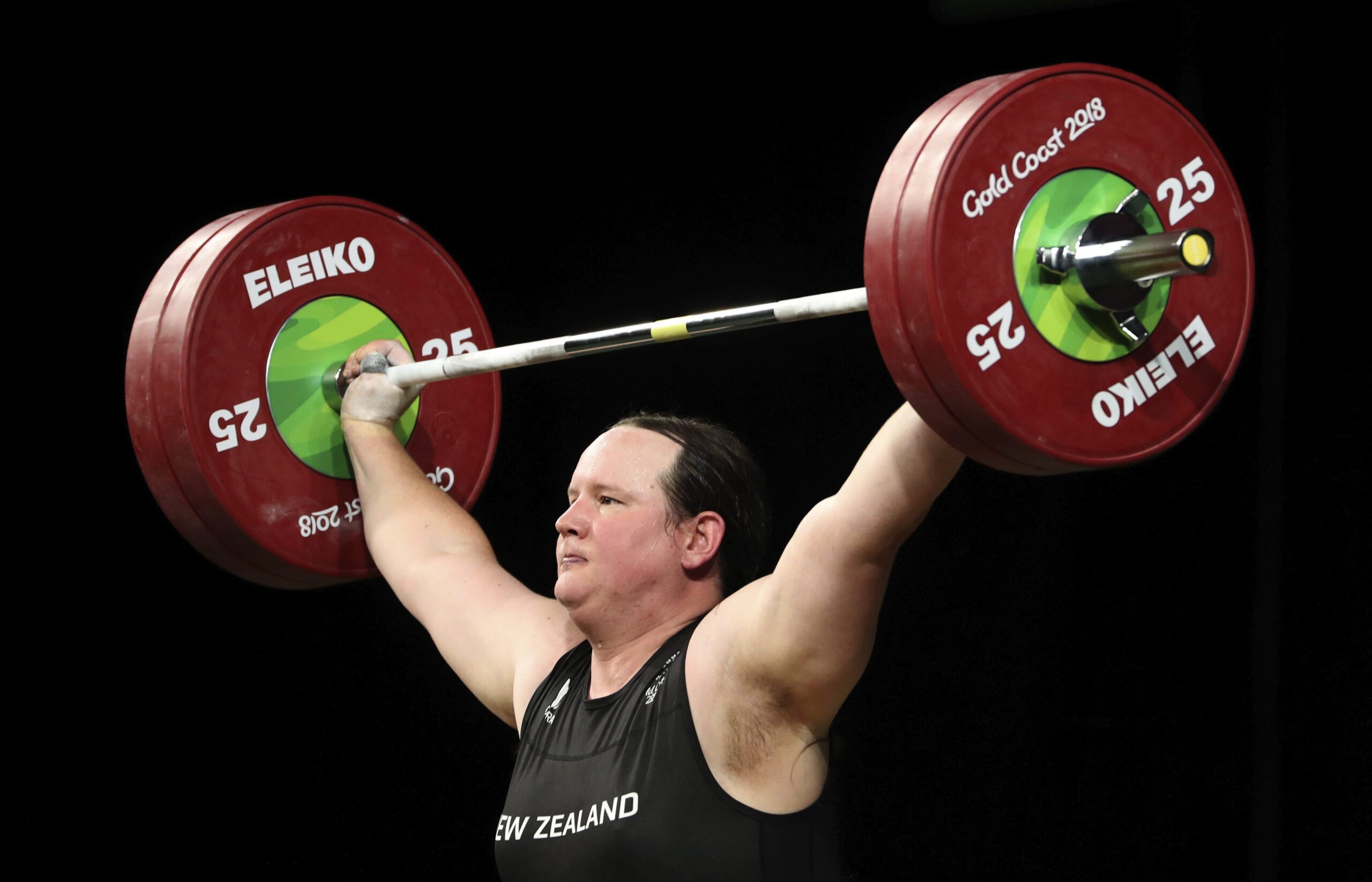Laurel Hubbard is about to go where no out trans woman has gone before—the Olympic stage.
According to reports, the New Zealand weightlifter is set to qualify for this summer’s Olympic games in Tokyo, which would make her the first out trans woman to compete in the Olympics.
While she has yet to be officially named to New Zealand’s national team, the International Weightlifting Federation confirmed Hubbard’s qualification to The Guardian this week, thanks to her high placement in previous events and new rules in the wake of the COVID-19 pandemic.
Assuming she makes the trip to Tokyo, Hubbard will be the first openly trans person to qualify and compete at the Olympics since the International Olympic Committee changed its policies around trans participants in 2015.
And Hubbard has a shot at doing well in Tokyo—her qualifying lifts rank her fourth out of the 14 qualifiers in the women’s super heavyweight category. We could very well see the first out trans Olympic medallist this summer, which is incredibly cool. The fact that she’s a badass weightlifter is even cooler.
The 43-year-old Hubbard came out as trans in 2012, and has achieved several elite weightlifting titles since then. Most recently, she won gold at the 2019 Pacific Games in Samoa in the women’s super heavyweight category. As she’s ascended the ranks of elite weightlifting, she’s spoken candidly about her role as a trans woman in sports.
“I am who I am. I’m not here to change the world. I just want to be me and do what I do,” Hubbard said in a 2017 interview with Radio New Zealand.
“It’s not my role or my goal to change people’s minds. I would hope they would support me, but it’s not for me to make them do so.”
Hubbard will certainly provide a beacon of hope to young trans athletes dreaming of Olympic qualification themselves. But her involvement in the games is likely to garner extra attention as over 100 anti-trans bills—many related to youth participation in sports—are being pushed through U.S. state legislatures.
“I am who I am. I’m not here to change the world. I just want to be me and do what I do.”
High-profile trans Olympian—albeit, a former Olympian—Caitlyn Jenner said last week that trans girls should not be permitted to play on women’s teams, arguing that it wasn’t “fair.”
Jenner herself has played in women’s golf tournaments, so the hypocrisy is real.
Under IOC guidelines issued in November 2015, trans women can compete in the women’s category without requiring bottom surgery, provided their total testosterone level in serum is kept below 10 nanomoles per litre for at least 12 months. Since coming out, Hubbard has competed under similar guidelines introduced by the International Weightlifting Federation.
And while anti-trans advocates have amplified myths that trans peoples’ participation in sports will hurt cis women, there is literally no scientific evidence suggesting that trans people have any sort of advantage. Despite all of this right-wing fear-mongering around trans women’s participation in sports, no openly trans women have qualified or competed in the games under the new policies until now.
Hubbard likely won’t be the only trans person breaking boundaries in Tokyo.
Soccer player Quinn came out as a non-binary last summer, and is likely to make the Canadian women’s Olympic soccer team, which qualified for the Tokyo games in February.
“I think it is really exciting to potentially be a trailblazer in that sense. But at the same time, I’m pretty positive that there’s been trans people at the Olympics. They just haven’t been out during their time [there],” Quinn said during a podcast appearance in October.
“And so for me, I think that’s just really exciting that I can be out. It speaks to the places that we’re moving and I hope that there [are] many trans folks that are going to follow me in those steps.”
Basketball player Layshia Clarendon, who is also trans and non-binary and uses she, he and they pronouns interchangeably, is part of the United States women’s basketball team’s 36-player pool, from which the U.S.’s 12-person Olympic roster will be pulled.
As Olympic qualifications and national teams are named in the coming weeks and months, we could very well see even more trans representation on sports’ biggest stage.


 Why you can trust Xtra
Why you can trust Xtra


